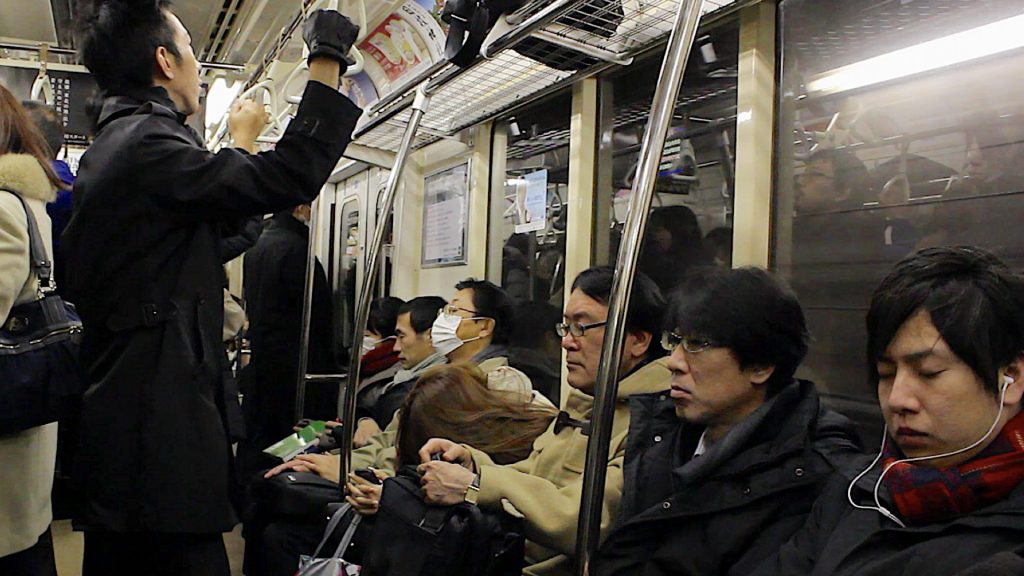Many laud Article 8 of the brand new Part-time/Fixed-term Employment Act as Japan finally recognizing the principle of same-work-same-pay. But one word in that article gave me pause: unreasonable.
The Part-time/Fixed-term Employment Act (enacted in April 2020 for regular firms and small businesses a year later), prohibits unreasonable treatment of employees on regular and irregular/contingent contracts. Article 8 stipulates, “The employer must not create a disparity that could be deemed unreasonable between the base pay, bonus and other conditions of short-term/fixed-term employees and ordinary employees, with due consideration to what could be deemed appropriate in light of the nature and purpose of the compensation as well as the details of the operations the worker is involved, the degree of corresponding responsibility, the details of the work duties, the potential for job changes of the two groups of employees and other circumstances. (Emphasis mine.)”
Disparities between contingent and regular employees are forbidden if they are unreasonable. Does that mean that reasonable disparities are fine? Let’s see what the courts are up to on this front.








